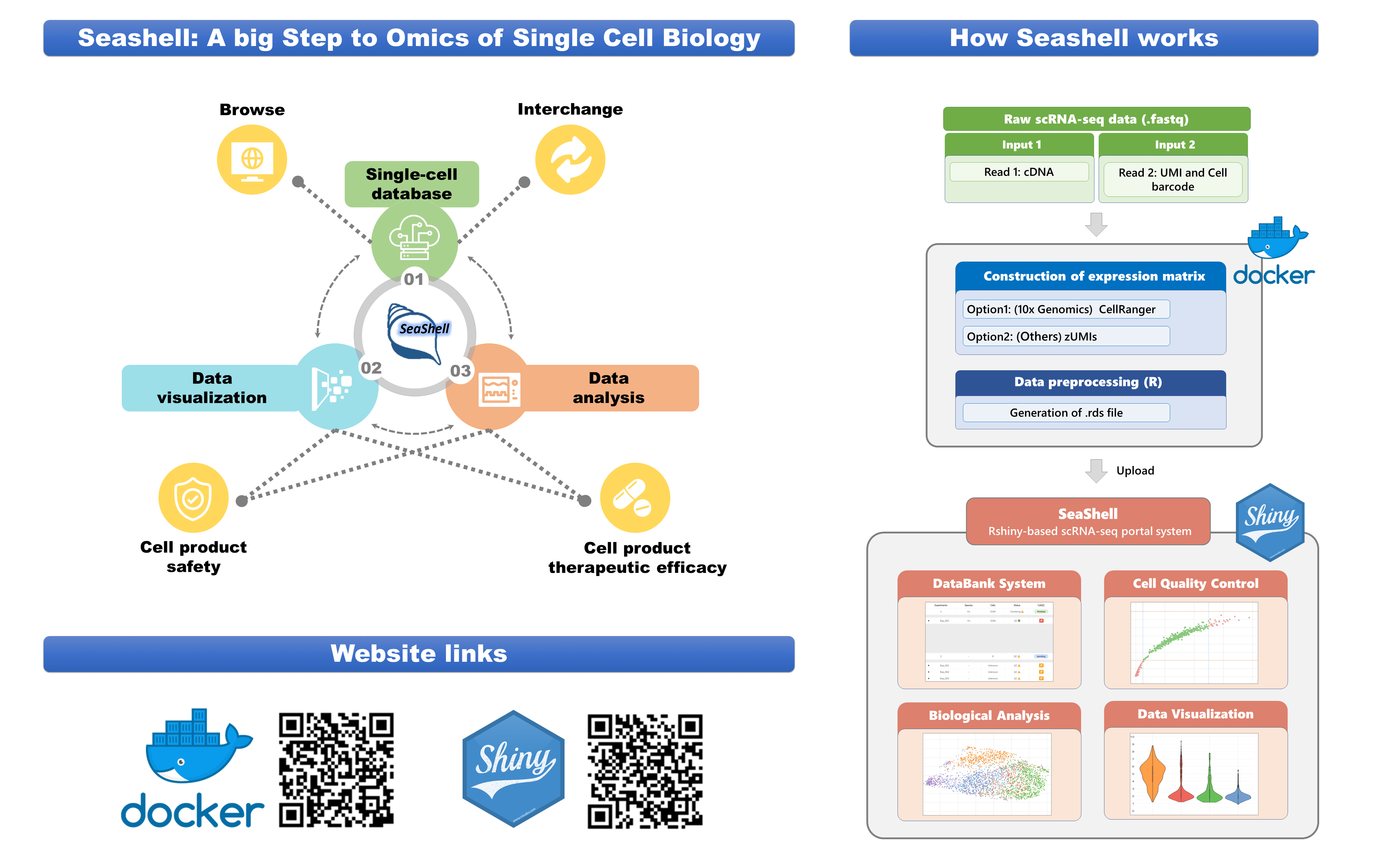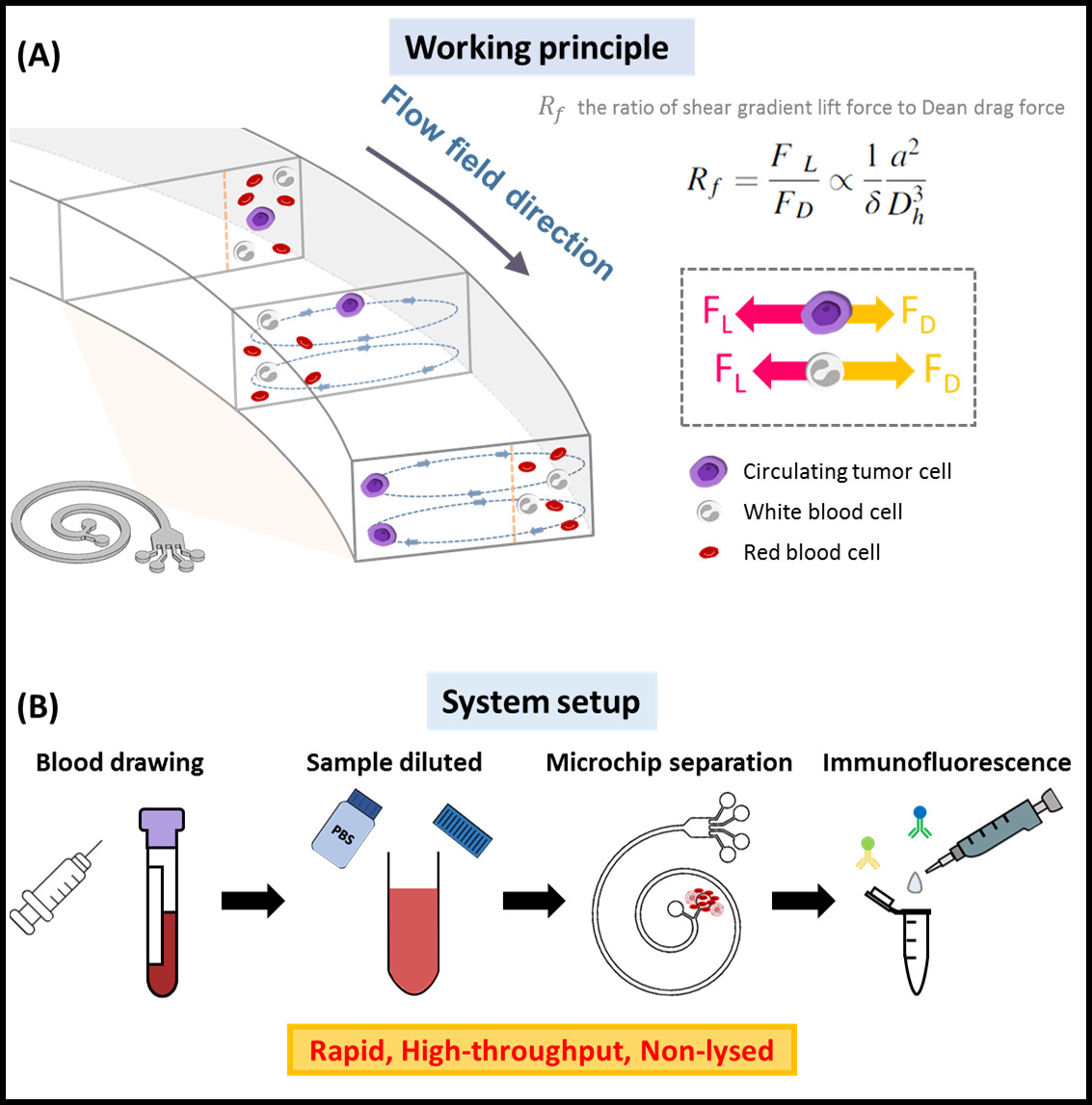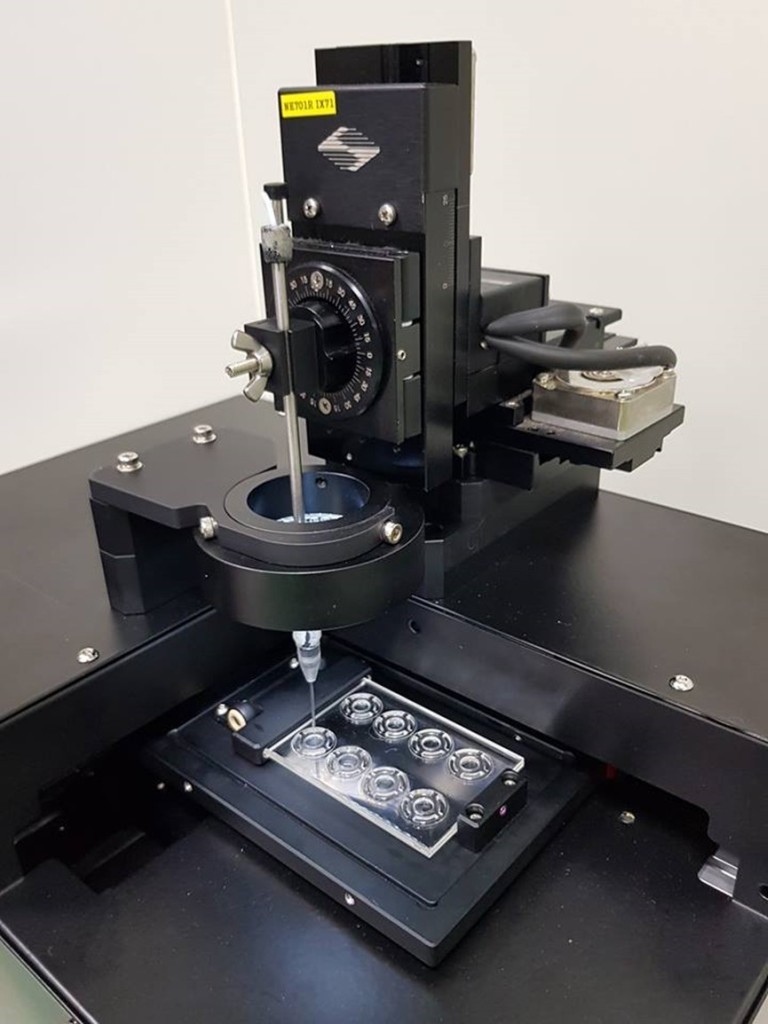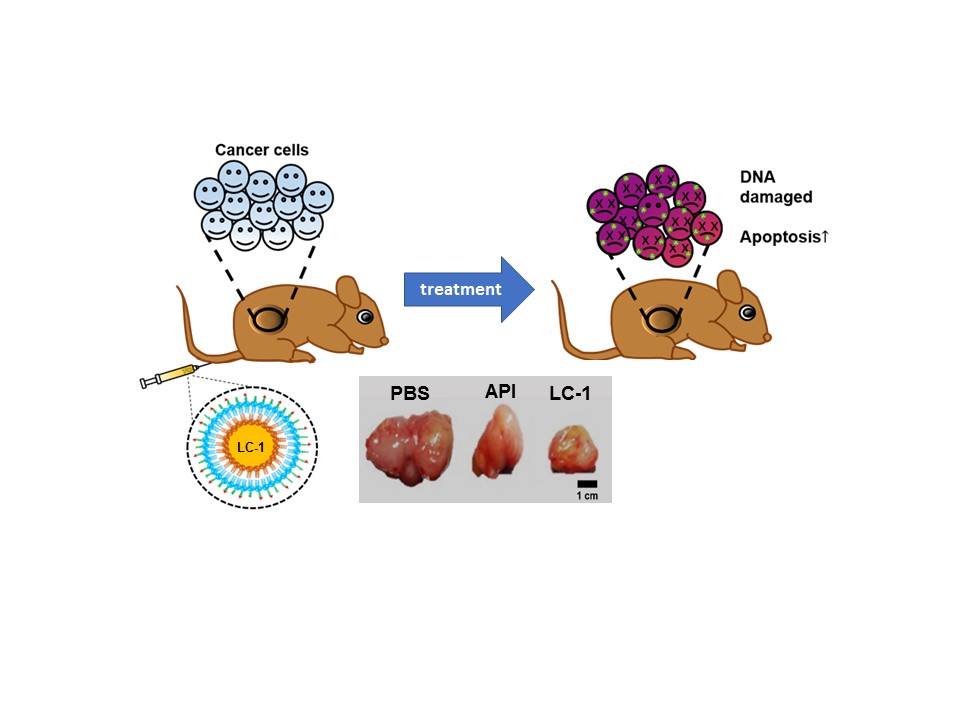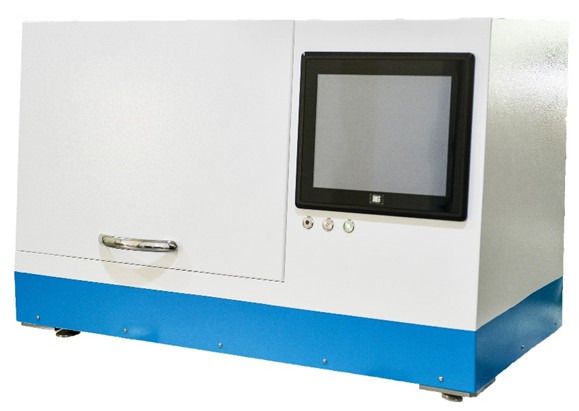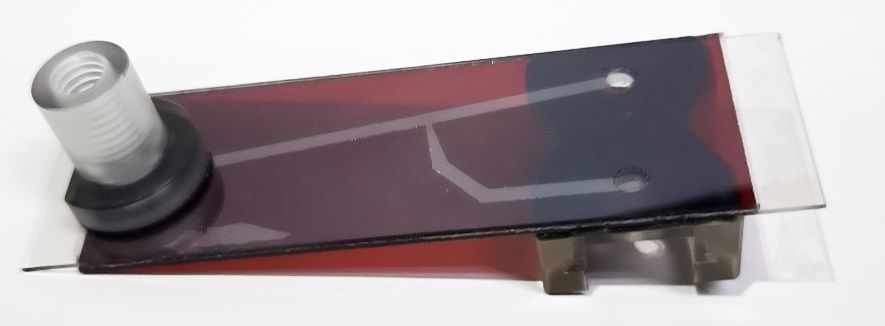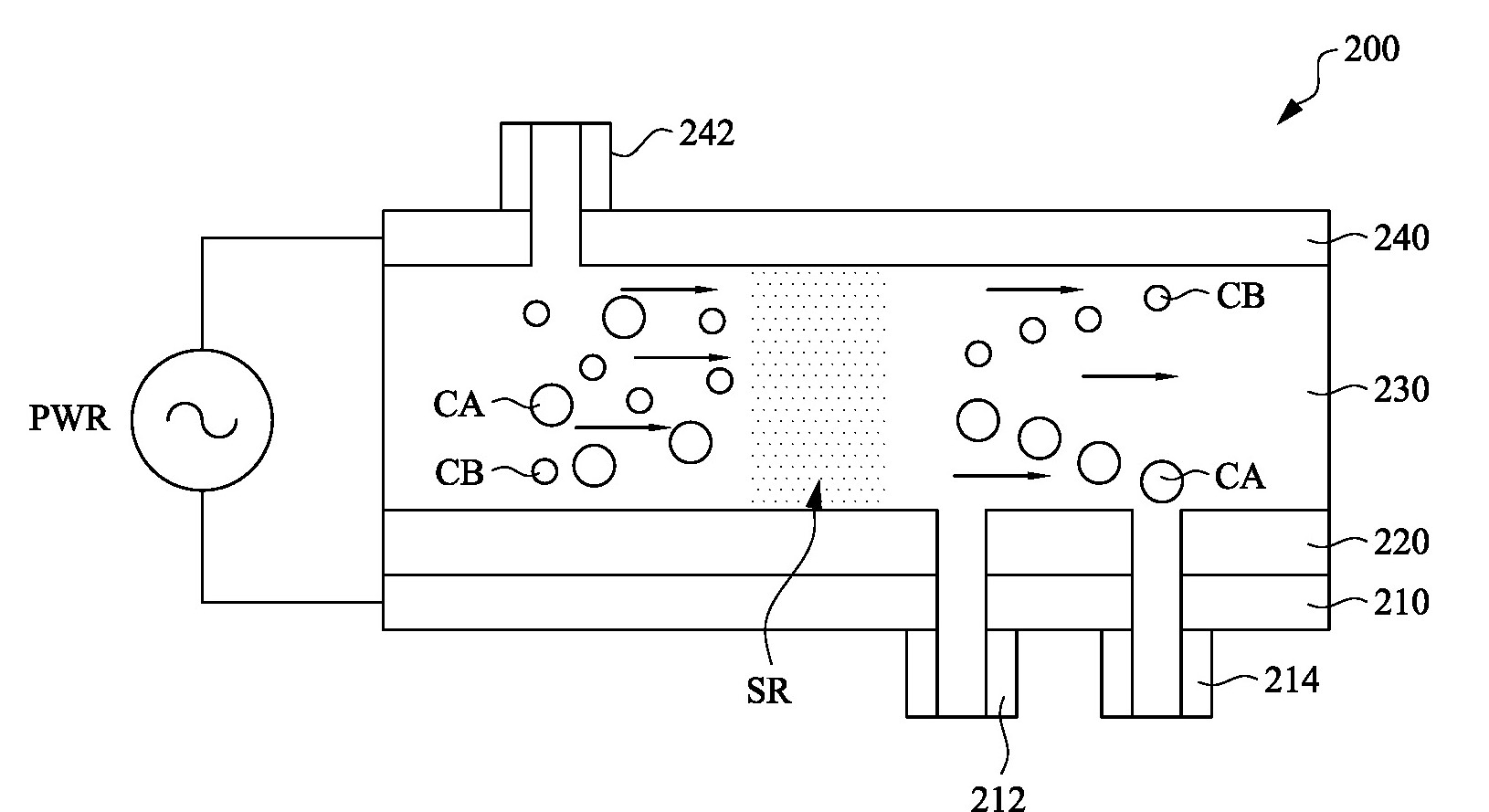| Technical Name | Integrated Antibody-Free Cell Screening and Cell Identification Microchip System | ||
|---|---|---|---|
| Project Operator | Engineering & Technology Promotion Center | ||
| Project Host | 吳宏偉 | ||
| Summary | This project has the following three core technologies: |
||
| Scientific Breakthrough | Our team has developed micro-system chips and prototypes that can be practically used in clinical testing. In response to the pre-clinical coordination of cell experiments to the process of pre-clinical trials, integrated development and production of two new fluidic bio-chip. By improving the morphology and photoelectric characteristics of the film, the roughness is reduced and the life of the photo-generated carrier of the film is reduced, and the characteristic detection and improvement of the stability of the system and chip quality are achieved. |
||
| Industrial Applicability | If this technology is used as a health insurance cancer screening project, it will save about 2.1 billion NTD in health care costs annually. In addition, my country's one-year prenatal testing market is about 700-900 million NTD, and currently about 32% of women are willing to undergo new forms of fetal genetic testing. Under the policy of opening up the second child in mainland China, there will be 19.8 million pregnant women from 2019, and the market size will exceed 90 billion NTD per year. This technology has a high degree of originality and feasibility and is applicable to the two markets of cancer diagnosis and prenatal testing. |
||
| Keyword | Light-induced Dielectrophoresis Biochip Cell sorting Optoelectronic semiconductor film Antibody-free screening technique Cancer screening Medical device Physical living Cell sorting Microchannel Nano / Microcrystalline silicon film | ||
- qqq25q@gmail.com
other people also saw

